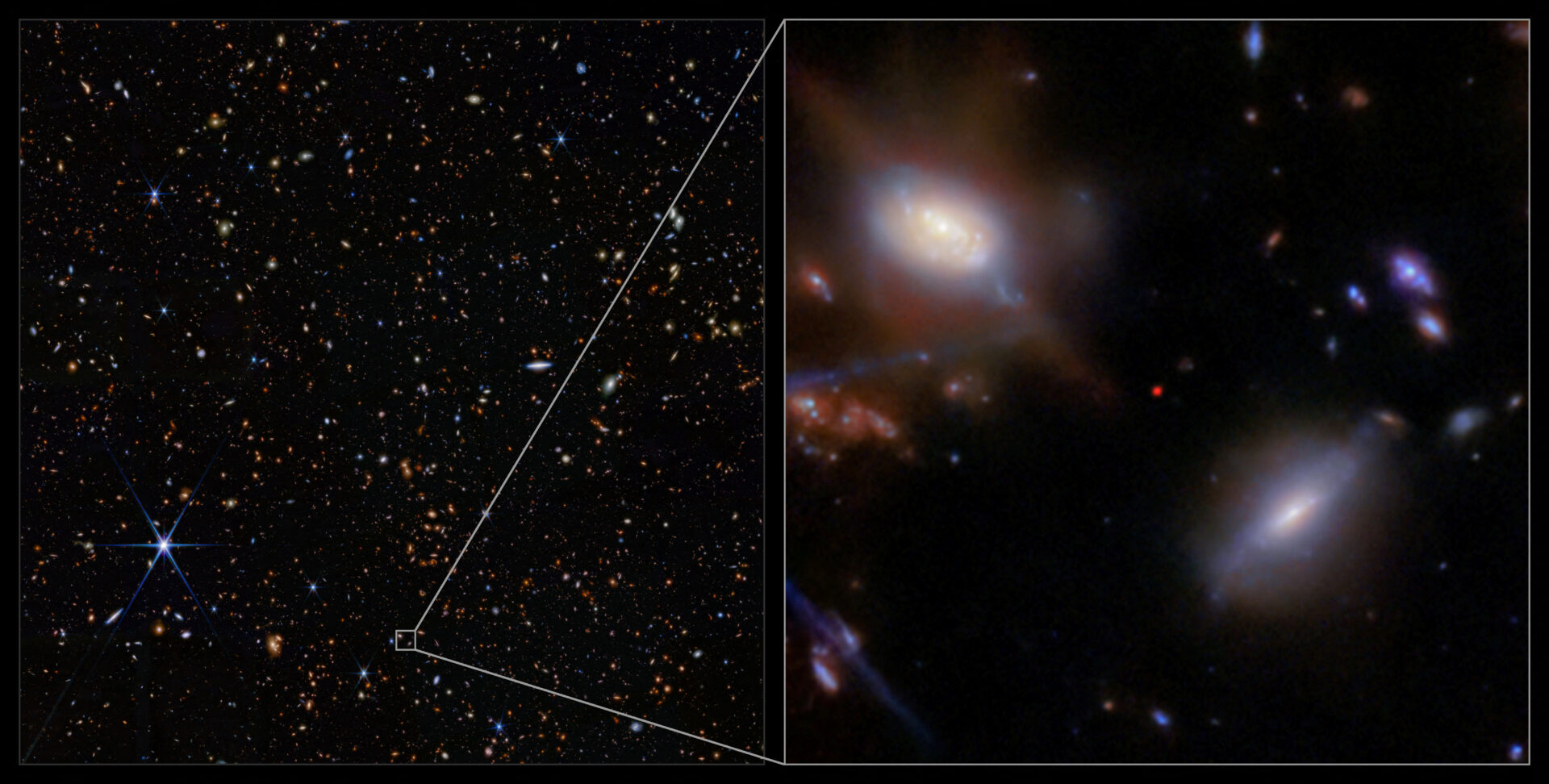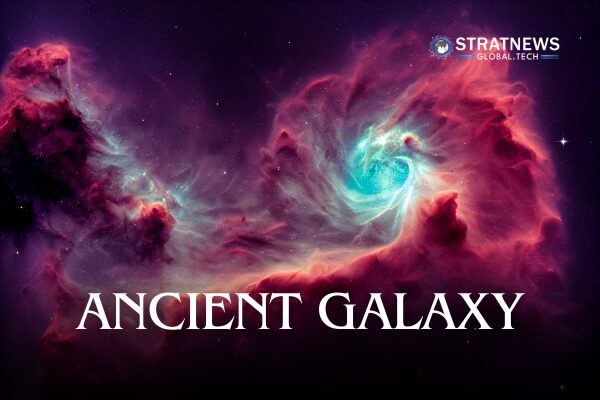Webb Telescope Discovers Ancient Galaxy That Sheds Light on Early Universe
Scientists using the James Webb Space Telescope have identified a galaxy that suggests the early universe lit up sooner than previously believed. This finding could shift our understanding of when the cosmos began emerging from its so-called “dark ages.”

A Glimpse into the Young Universe
The galaxy, named JADES-GS-z13-1, was seen as it existed around 330 million years after the Big Bang. The universe itself is estimated to be 13.8 billion years old, while Earth is only about 4.5 billion years old. Observing such distant galaxies lets scientists look far back in time, offering rare insights into the early stages of cosmic evolution.
Uncovering the Epoch of Reionisation
After the Big Bang, the universe cooled and entered a phase known as the cosmic dark ages. During this period, thick hydrogen gas blocked energetic ultraviolet light. Eventually, stars and galaxies formed, triggering the epoch of reionisation. This phase allowed ultraviolet light to move freely, effectively “turning on the lights” in the universe.
Webb’s observations of JADES-GS-z13-1 revealed strong signs that it had already entered this reionisation phase. Astrophysicist Joris Witstok, lead author of the study, explained that the galaxy shows a clear signature of intense ultraviolet radiation. This suggests it began reionising its surroundings much earlier than expected.
What Powered the Galaxy’s Brightness?
The powerful radiation from JADES-GS-z13-1 may be due to rapid star formation or a growing supermassive black hole at its centre. It could also be a mix of both. The galaxy is around 230 light-years wide—much smaller than the Milky Way.
Co-author Kevin Hainline noted that early stars and black holes emitted energy that stripped electrons from hydrogen atoms. This process turned the universe from opaque to transparent to ultraviolet light over time.
Earlier Than Expected Discovery
Webb has identified only four galaxies that may be older than JADES-GS-z13-1. However, none of those have shown clear signs of reionisation. This makes JADES-GS-z13-1 a unique and important discovery. The large bubble of ionised hydrogen around it indicates that the reionisation process may have started earlier than believed—possibly within the first few hundred million years after the Big Bang.
Scientists once thought reionisation wasn’t complete until the universe was about one billion years old. This galaxy now suggests the process may have begun far sooner, raising new questions about the universe’s early development.
with inputs from Reuters


